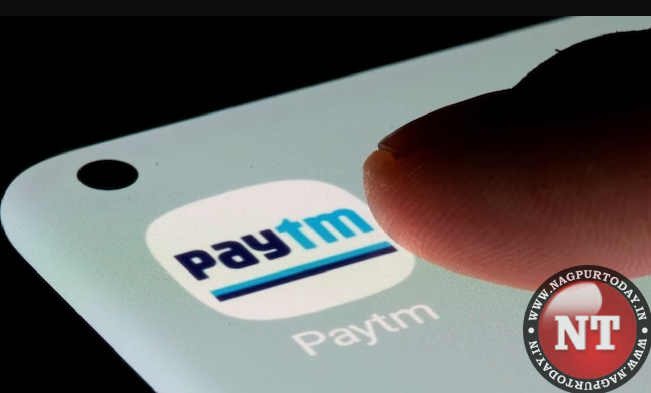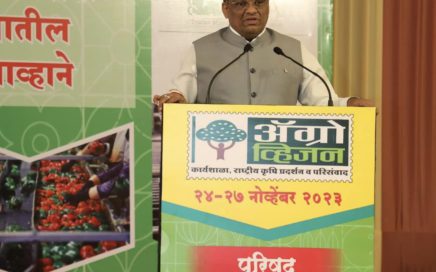After an alleged “persistent non-compliance”, the Reserve Bank of India (RBI) has imposed a set of restrictions on Paytm Payments Bank starting February 29. The restrictions will affect fresh deposits and credit transactions on the platforms. The new rule may also not allow new users from creating an account on the platform. From what the first press release on the matter suggests, Paytm wallets of all users will be affected, so will be Paytm Fastags and mobility cards. But what does this mean for you? Here is the story in five points:
–After February 29, Paytm Payments Bank will not be onboarding new users. Which means, if you aren’t already a Paytm user, after the mentioned date, you will not be able to set up a new account on the platform. As for existing users, they will not be able to use their Paytm wallets, Paytm Fastags, or Mobility Cards. Mobility cards are basically transit cards that can be used for paying of shopping bills, parking fees, ATM withdrawals, metro and bus rides, fuel or food bills, and more.
–PPBL will also not be allowed to accept any new deposits after February 29. So, whatever funds you want to add to your Paytm Payments Bank, you can only do so until the last day of Feb. Post that day, you will not be able to add any money to the savings account.
–The central bank has also said that neither debit nor credit transactions, including those through wallets, will be permitted. However, customers are allowed to withdraw without any restrictions, as per the announcement. Basically, you will neither receive, nor be able to send any money from your account, but whatever balance money you have in your Paytm account, you will be able to access and withdraw that money.
“No further deposits or credit transactions or top ups shall be allowed in any customer accounts, prepaid instruments, wallets, FASTags, NCMC cards, etc. after February 29, 2024, other than any interest, cashbacks, or refunds which may be credited anytime.”
–The Reserve Bank of India has also said that after February 29, the bank should not offer any other services such as fund transfers (regardless of the type of services like AEPS, IMPS, etc.), bill payments, or UPI facilities. This means that you will not be able to make any money transfer or bill payments or UPI transactions using Paytm services after the said date.
–The RBI also requires that all nodal accounts of One97 Communications Ltd and Paytm Payments Services Ltd should be terminated at the earliest. This basically suggests that Paytm’s parents company and the Payments Bank services will not be able to make any transactions from its own nodal accounts either. The RBI (Reserve Bank of India) introduced Nodal Accounts as a requirement for intermediaries like aggregators, e-commerce platforms, and payment gateways. The purpose is to make sure that the payments collected from customers are released to vendors promptly and without any unnecessary delays.
The restriction on Paytm Payments Bank was revealed in an audit report released by the RBI, which said that the action is being taken after “persistent non-compliances and continued material supervisory concerns in the bank, warranting further supervisory action”. For the uninitiated, Paytm Payments Bank or PPBL is a digital banking service providing banking facilities and savings account options. Established in 2017, it is an extension of Paytm. Authorised by the Reserve Bank of India (RBI) to operate as a payments bank, PPBL officially started offering its services in November 2017.















